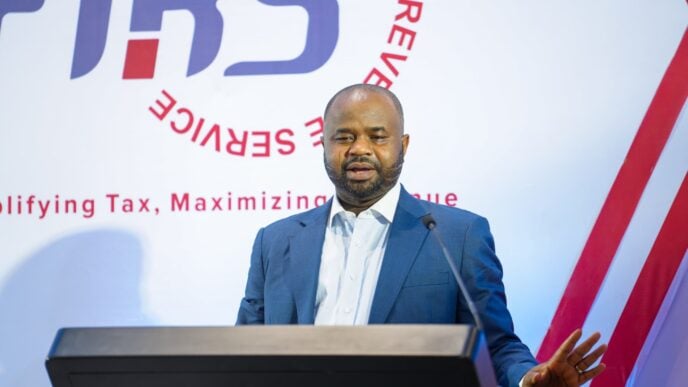BY JACOB OLADELE
The argument that Nigeria has “enough universities” is factually flawed and administratively short-sighted. Let’s compare Nigeria’s university-to-population ratio with those of other nations:
1. United States: With a population of approximately 350 million and around 5,762 universities, there is one university for every 62,000 residents.
2. India: With a population of 1.460 billion and about 8,140 universities, that’s roughly one university per 180,000 people.
Advertisement
4. China: With 1.416 billion people and 3,167 universities, the ratio is one university per 448,000 residents.
5. Nigeria: With a population of around 240 million and only 307 registered universities (73 federal, 67 state, 167 private), we have one university per 781,000 people.
Mr. minister of education, with all due respect, your recent assessment is incorrect.
Advertisement
The Real Problem: Poor Management, Not Oversupply
What Nigeria truly lacks is not the number of universities, but effective management of existing ones. Most of our institutions are run by politically convenient appointees, not competent administrators with a clear vision and academic integrity. Universities must be managed professionally, with accountability and innovation at the core.
A Sustainable Higher Education System
To move forward, Nigeria must:
Advertisement
1. Encourage the establishment of more universities: Especially in underserved regions, to reduce pressure on existing institutions and increase access to quality education.
2. Adopt a hybrid financing model: Universities should not be entirely dependent on government funding. Grants should be performance-based, tied to internally generated revenue (IGR) capacity. Student loans must be accessible to all who qualify academically. Tuition fees should reflect the cost of quality education, allowing universities to operate at optimal levels.
3. Let demand and supply determine fees: Universities will compete based on the quality of education, facilities, and reputation. This will naturally influence student applications and enrollment.
4. Curb corruption through transparency and competition: As universities compete for students and funding, transparency and service delivery will become vital, helping to reduce corruption and inefficiency.
Advertisement
In conclusion, sir, education is the foundation of national development. Nigeria cannot achieve sustainable growth without investing heavily in quality tertiary education. That investment includes infrastructure, management, policy reform, and access.
Mr. Minister, please review your position. We urge you to think again. Let us move from politics to progressive policy.
Advertisement
Jacob Oladele can be contacted via 08072220011
Advertisement
Views expressed by contributors are strictly personal and not of TheCable.












